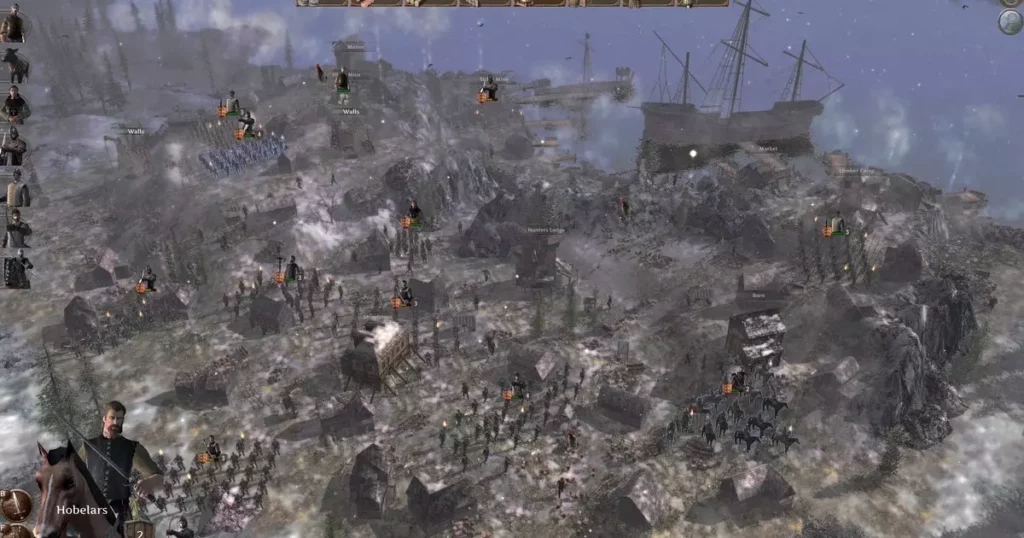The Crusades occupy a prominent spot in the annals of medieval history, embodying both valor and violence intertwined with deep ideological commitments. Launched by the Latin Christian Church, these wars were incited by the loss of Jerusalem to the Rashidun Caliphate. As scholarship around the Crusades advances, it becomes essential to sift bias from fact while recognizing that their narrative has evolved into one fraught with oversimplifications in contemporary discourse. Terms like “deus vult,” which have gained traction as both a battle cry and a meme, exemplify this phenomenon, offering a glimpse into how modern culture often misinterprets historical motives and actions. As society continues to digest the legacies of such monumental events, it is imperative that we approach them with both intellectual rigor and emotional sensitivity.
Misunderstanding Motives: A Call to Realism
The sources documenting the Crusades reveal shifting allegiances and a tapestry of motives beyond mere religious zeal. Many contributors to these conflicts were animated not only by faith but also by aspirations for glory, land, and wealth. When viewing the Crusades through a contemporary lens, it becomes all too easy to pigeonhole the figures involved into simplistic roles—either the righteous crusader or the barbaric foe. Such black-and-white thinking neglects the rich emotional and ideological landscapes that defined the era. It also risks fostering a dangerous nostalgia that romanticizes the struggle as purely a fight between good and evil, which can inadvertently resonate with extremist sentiments in our modern age.
Video Games as Historical Narratives: A Unique Perspective
The rise of video games as a medium for storytelling has opened new avenues for engagement with historical narratives. Titles like “Knights Of The Crusades” intend to immerse players in the complexities of the First Crusade, allowing them a firsthand experience of the moral ambiguities that haunt these historical events. However, the risk is that such games can easily devolve into glorified representations of battle, overshadowing the nuanced realities players ought to confront. While players may relish the thrill of orchestrating grand strategies or leading armies to victory, the challenge remains to encourage them to view these events not merely as conquests but as deeply transformative chapters in human history.
The Fine Line: Engagement vs. Glorification
Creators of historical video games face an ethical conundrum: the need to depict warfare authentically while avoiding romanticizing the bloodshed and suffering that inevitably accompany it. Misrepresentation in gaming can result in a sanitization of history, creating a disconnect between the player’s understanding and the brutal truths of human conflict. It is imperative that developers navigate this tightrope with care, striving towards a more holistic portrayal of the Crusades. The dynamic between combat and cultural exchange can serve as a compelling backdrop against which players can rethink their a priori narratives.
Empathy Through Gameplay: Building Informed Perspectives
As gaming presents players with opportunities to engage with historical conflicts, there emerges a potential to cultivate empathy and understanding. By stepping into the shoes of diverse factions, players can explore not only the tactics involved in warfare but also the human experiences underpinning these events. This greater emotional investment can transform abstract pieces of history into personal stories of loss, faith, and resilience, allowing contemporary audiences to grasp the significant repercussions of zealotry, conquest, and cultural misunderstanding.
Bridging Historical Divide: Educational Implications
In navigating through the tapestry of the Crusades, video games can serve as educational tools, enriching the historical comprehension of players. The integration of complex layers—diplomacy, ethical choices, and the consequences of actions—can elevate gameplay from mere simulation to an enriching learning experience. Such mechanisms may not only provide strategic depth but also engage critical thinking, equipping players with the skills to analyze historical narratives. This journey could eventually foster a generation of individuals who are not merely conquerors in a digital realm but informed scholars capable of wrestling with the implications of historical conflicts.
The Growing Discourse of Historical Representation
The gaming community stands at a pivotal junction regarding how history is represented. With titles like “Knights Of The Crusades” reflecting both the captivating and challenging aspects of the Crusades, there is an opportunity for cultural enrichment. Yet, the importance of maintaining a nuanced discussion around representation cannot be overstated. Recognizing the moral complexities inherent in historical conflicts is crucial, as this dialogue can guide developers in creating content that respects history while entertaining a contemporary audience. Thus, these games have the potential to shift perceptions, asking players not only to act but to reflect on the broader implications of their virtual encounters.









Leave a Reply